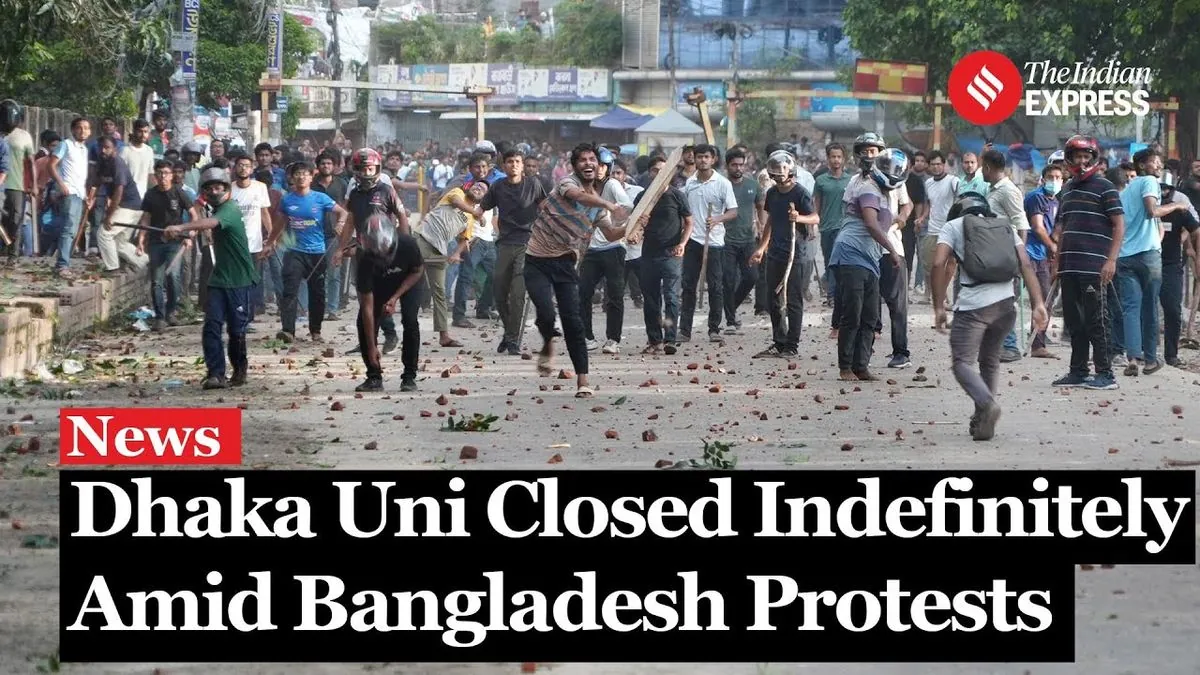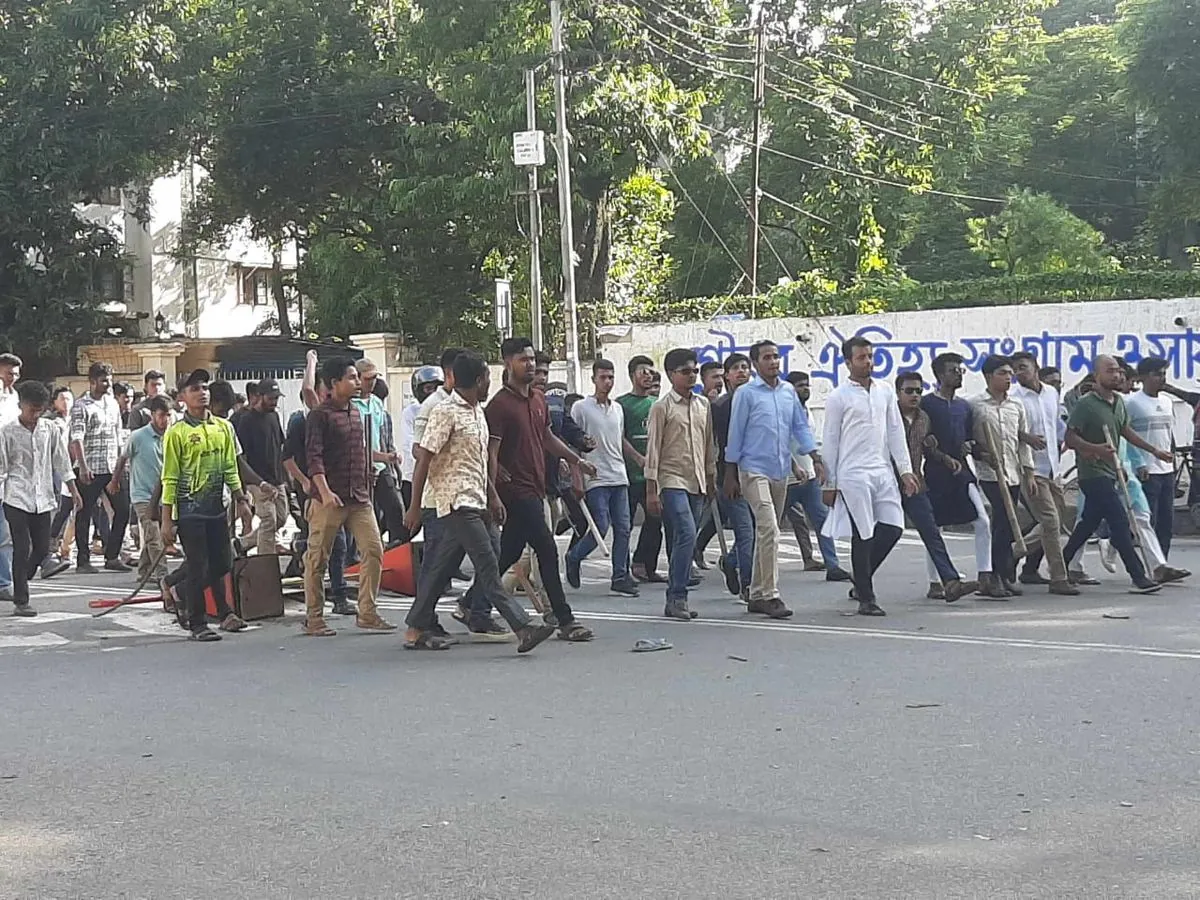Bangladesh Marks One Month Since Hasina's Ouster Amid Protests and Challenges
Bangladesh commemorates a month since Sheikh Hasina's fall from power. Protests sweep the nation as interim government faces economic and social hurdles. Tensions with India and minority concerns persist.

One month has passed since Sheikh Hasina was removed from power in Bangladesh, marking a significant shift in the country's political landscape. On September 5, 2024, thousands gathered in Dhaka and across the nation to commemorate this event, which ended Hasina's 15-year tenure as the country's longest-serving prime minister.
The demonstrations, which began in July 2024, were initially sparked by student protests over a government job quota system. These protests escalated into a broader movement, resulting in Hasina's departure to India on August 5, 2024, following weeks of unrest that claimed over 600 lives.
Protesters in Dhaka's streets expressed their discontent with chants and slogans, many directed at Hasina and Indian Prime Minister Narendra Modi. The central procession, described as a "shaheedi march" or "procession for the martyrs," originated from Dhaka University's campus. Participants carried Bangladeshi flags, and some displayed a large Palestinian flag, highlighting the complex geopolitical sentiments at play.

Bangladesh, the world's eighth-most populous country with approximately 170 million inhabitants, has faced numerous challenges in the wake of this political upheaval. The interim government, led by Nobel laureate Muhammad Yunus, is working to stabilize the nation amidst economic difficulties and social unrest.
Yunus, who received the Nobel Peace Prize in 2006 for his pioneering work in microcredit, has had a contentious relationship with Hasina. In a recent interview, he emphasized the need for Hasina to remain silent while in India, viewing her political statements as problematic for Bangladesh's current situation.
The country's economy, which has been growing at an average rate of 6-7% annually in recent years, is facing challenges. Bangladesh, one of the world's largest exporters of ready-made garments, recently experienced days of protests by garment workers and other industries. These demonstrations forced factory closures, though operations have since resumed under heightened security measures.
"If India wants to keep her until the time Bangladesh wants her back, the condition would be that she has to keep quiet."
Concerns about minority rights have also surfaced. An incident on September 4, 2024, involving a young Hindu man allegedly posting derogatory comments about Prophet Muhammad online, led to a confrontation with a Muslim group. The military later reported that the man was rescued and is receiving medical treatment.
Yunus has refuted claims of widespread attacks on the Hindu minority, suggesting that such incidents are more politically motivated than communal. This perspective contrasts with concerns expressed by some, including Modi, about the safety of religious minorities in Bangladesh.
As Bangladesh navigates this period of transition, it faces the challenge of maintaining stability while addressing long-standing issues. The country, known for its rich cultural heritage and significant progress in poverty reduction, must balance its economic ambitions with social cohesion and political reform.
The coming months will be crucial for Bangladesh as it seeks to chart a new course under interim leadership, addressing the grievances that led to the recent upheaval while working towards a more inclusive and stable future.


































